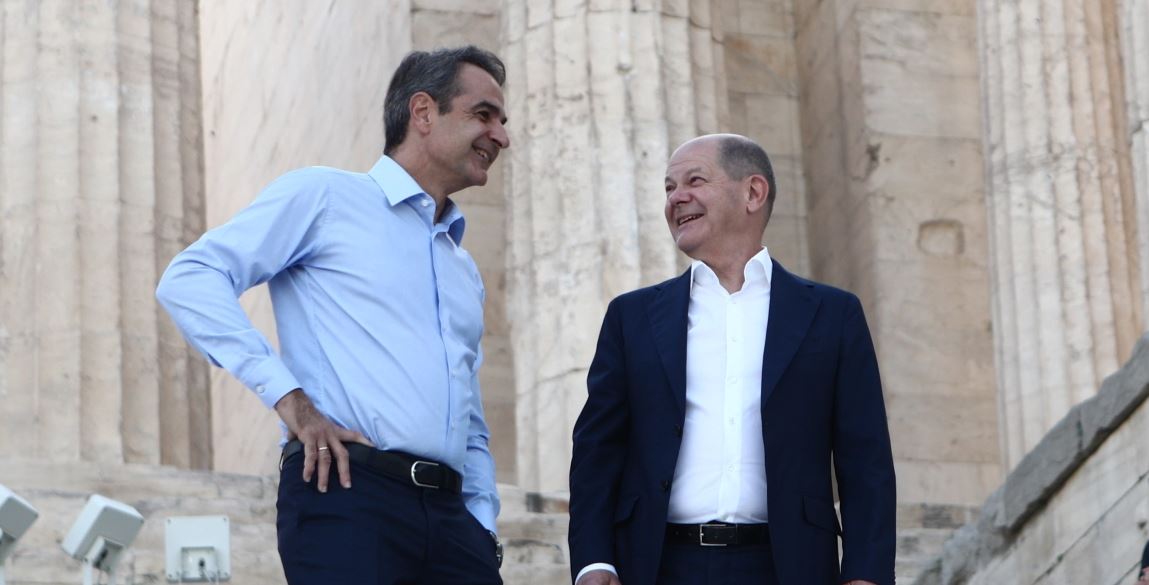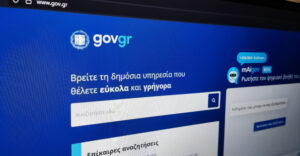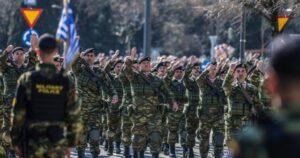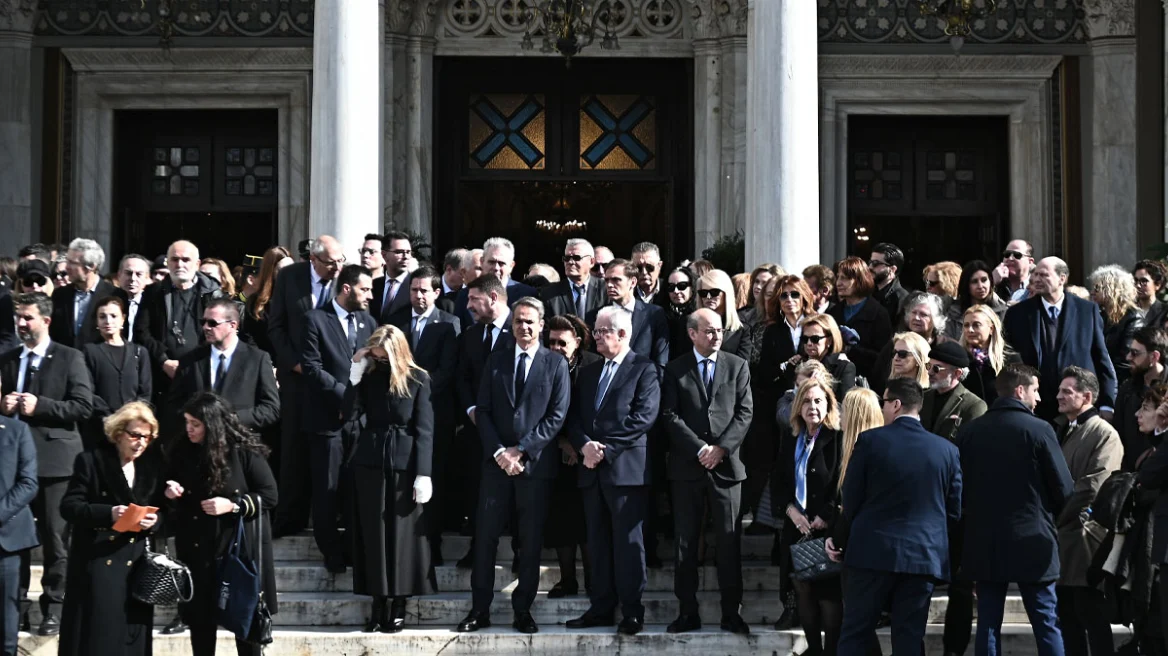Prime Minister Kyriakos Mitsotakis and Chancellor of the Federal Republic of Germany Olaf Scholz, who is on a working visit to Greece, arrived at the archaeological site of the Acropolis shortly before 09:00 . The German chancellor will be guided to the sacred rock of the Acropolis by Professor Manolis Korre.
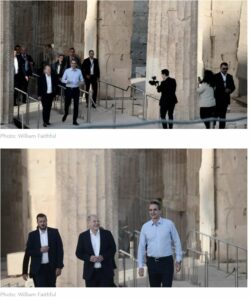
At 11:00 the prime minister will receive the German chancellor at the Maximos Palace. After their private meeting, specifically at 12:00 noon, the two leaders will make statements to the press and answer journalists’ questions. It will be followed by a working lunch in an expanded composition with the participation of the two delegations.
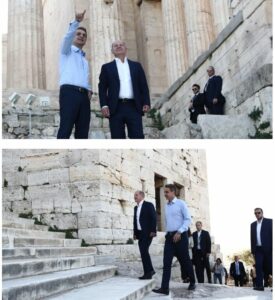
After the closing of the Memoranda of Understanding cycle, but also the departure of Angela Merkel from the German Chancellery after 16 years, today’s first official visit of German Chancellor Olaf Solz to Athens is for Athens, but also for Berlin, sealing the effort for a new page in Greek-German relations. Greece is also in a new phase after the end of the enhanced supervision, but Berlin also seeks to bridge gaps of the past.
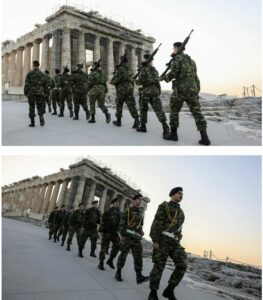
Mr. Soltz, who arrived in Athens yesterday directly from Paris after his meeting with French President Emmanuel Macron, is coming to our country at a critical geopolitical juncture, during which tectonic changes are taking place in Europe due to the Russian invasion of Ukraine. The agenda of the actual meeting of the two leaders which will start at 11:00 at the Maximos Palace will include bilateral relations and economic cooperation, dealing with the energy crisis affecting all European countries, the developments in Ukraine, and the continued support of partners and allies.
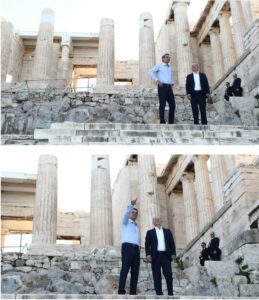
A separate section of the discussion will, of course, be the Turkish provocation and the direct dispute of Greek sovereignty by its neighbour. Athens is observing with interest that the German rhetoric on the subject has changed in recent months, with clear positions on the questioning of the Greek islands, but also on the Turkish- Libyan Memorandum. The change in German tone, after all, has sent off alarms in Ankara as well, while what Mr. Soltz will choose to say in the joint statements after the meeting on the matter should be awaited with interest.
At the same time, it remains to be seen whether Mr. Mitsotakis and Soltz will also discuss the possibility of tightening Greek-German relations in the defence sector as well, especially with an emphasis on the Armed Forces. Thoughts are on the table, but also discussions, such as the possibility of an investment in Northern Greece for the construction and maintenance of tanks and other armored vehicles.
Ask me anything
Explore related questions
